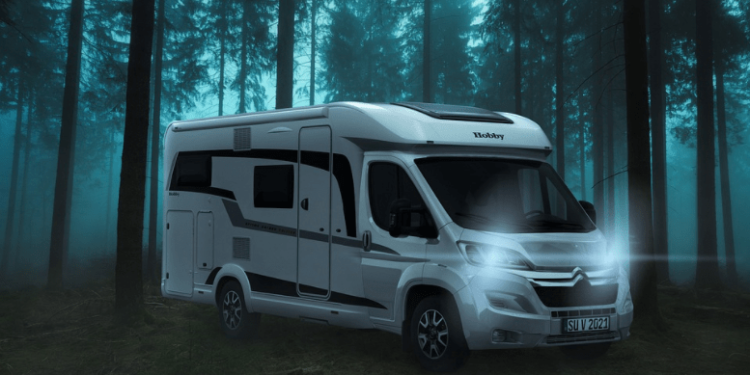Don’t get caught out on the road in your RV. These simple winter safety checks will give you peace of mind in your holiday.
You reach a pristine campsite that is laden with fresh white snow. The air is nippier, crisp and the surroundings are quiet and peaceful. There is not a single bug in sight, and the landscape is gorgeous. These sentences may fill you with the dreams of trips to your winter wonderland, but it does not take a lot for things to go awry.
Therefore, The Lower Heating and Cooling costs nyc can determine whether upgrading to energy-efficient heating and cooling equipment is the right solution for your business.
The minute you go unprepared with your RV, problems can arise. Your fun should not end just because you goofed up. Therefore, we are here to present to you the top 4 tips to stay dry and warm besides having a ball of a time!
If you’re looking to make your camping trip easier, check out our guides to camping beds, camping kettles, camping stoves and camping essentials.

- Check RV’s insulation.
When you go winter rving, check within the camper’s walls for insulation. If your RV is not weatherproof and you desire to enhance the heat efficiency, then here are some ways you can do them:
- Fiberglass insulation is always there inside an RV. But, if you want to protect the walls further, then you can use spray foam. A foam spray works a great deal to fix the leaks on your camper’s walls.
- Check the weather stripping on all sides of the door and windows. Ensure you replace them in areas where it is broken or loose. To fix the caulking, you can insulate them using solar blankets or bubble insulation.
- You can hang thermal curtains inside the windows that will help to keep the cold at bay and give you additional warmth.
- Windows are the places from where the cold wind seeps quickly into the RV. Thus, seal the windows with a bubble or shrink wrap.
- You can insulate the RV’s floor by using heavy rugs or foam–board flooring.
- Before you set out for winter camping, inspect the furnace and clean it to remove debris and dirt with compressed air.
- Protect the RV from a harsh winter
The icy cold weather can never be your RV’s buddy. A freezing temperature causes expensive damages that may burn a hole in your pocket. You can take multiple precautions to prevent freeze-ups, protect the RV, and keep warm during a trip. Here is an exhaustive list of all the things you can do.
- To prevent the holding tanks from freezing, add antifreeze.
- Keep the cabinets open so that the internal plumbing remains warm.
- Apply heat tapes around the valves of the hoses to keep freeze-ups at bay.
- Use skirting all around the RV to prevent the freezing of water lines.
- Use heat guns to melt ice-buildups.
- Dump the tanks after they are full to reduce freezing risks.
- Fill the engine with 50% antifreeze.
- Ensure that the batteries are fully charged.
- Adjust the pressure of the RV’s tire as per the winter’s specification in the manual.
- Space heaters may cause a lot of damage in cold temperatures; we recommend using a dehumidifier.
- Bring alternate methods of heating
While the furnace can do an excellent job in heating the camper, we recommend carrying alternate methods of healing. This alternate method can act as the perfect backup if anything happens to the RV’s furnace during the trip. Some of the options are portable heaters, electrical and catalytic heaters.
A catalytic heater is a safer option than any other space heater. That is because it does not deal with open flames and runs on propane. Hence, this heater will never exhaust your energy supply. But, keep in mind that the propane reaction absorbs oxygen; thus, make sure to run in a fully-ventilated RV.
- Carry an extra tarp and pack plenty of warm things
Carry an extra tarp to encase your RV. While it can reduce visibility, the tarp will protect your RV against debris, leaves, dirt, and birds. However, make sure you place the tarp so that it still permits ventilation. Do not keep the RV wrapped for a long time while inside, or there could be air quality and moisture issues.
Besides an additional tarp, make sure you pack plenty of sleeping gear, standard gear, and warm clothes. To stay warm during the trip, you must always have insulated clothes, tire chains, goggles, gloves, and snow boots by your side. Extra bedding, water, and propane will keep you stress-free.
Conclusion
With perfect preparedness, camping with your RV can be quite a lovely and comfortable experience. Of course, the weather in winters is quite unpredictable, but there is no substitute for preparing and planning. We also recommend staying flexible during the trip. Keep your RV sheltered from harsh blizzards, and stay toasty!




